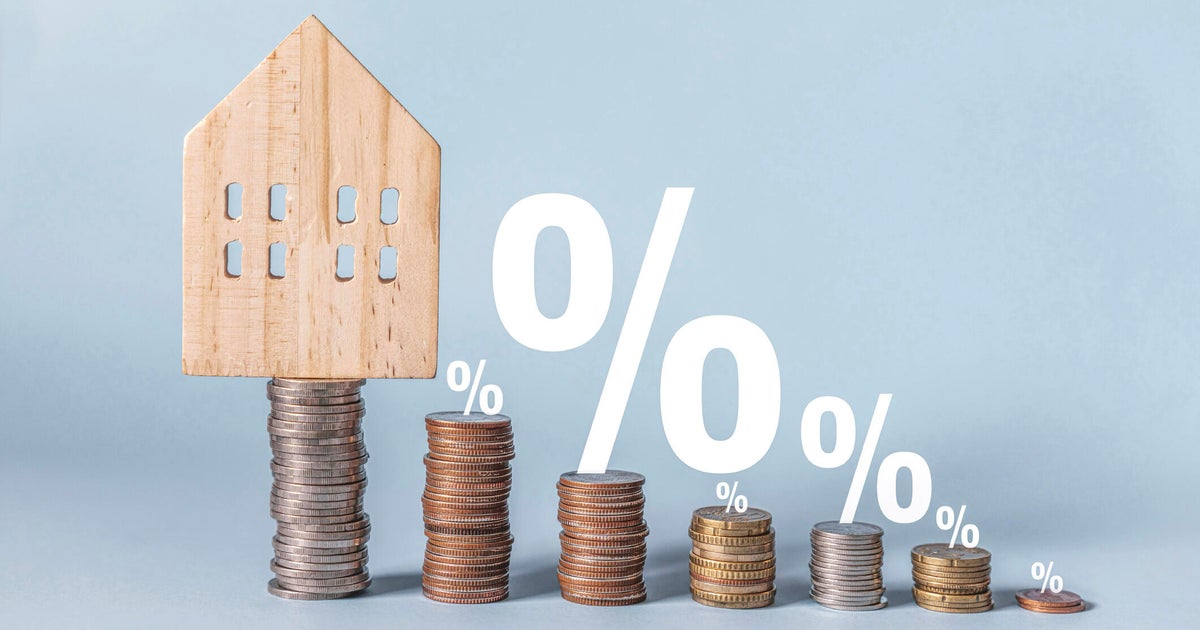4 ways seniors can use their home equity
You've lived in your house for many years, and you've invested a lot in it, from all the love and energy you've put into making it a home to all the money you've put toward paying down the mortgage. And now that you've reached your senior years, that investment can pay off by providing you with extra cash through your home's equity.
Home equity refers to how much value you have in your home. It's the difference between your home's current market value and your outstanding mortgage balance. You can tap into this equity with a home equity loan, home equity line of credit (HELOC), reverse mortgage or cash-out refinance.
Whichever method you choose, how you use the funds is up to you — there are no restrictions. That said, some uses are especially valuable for older homeowners. Begin exploring your home equity options here now.
4 ways seniors can use their home equity
While home equity can be useful at any time, here's how it can benefit seniors in particular.
To renovate their home
Home equity can be a cost-effective way to fund home renovations or repairs. This is an excellent option for those looking to age in place or update their home to suit their aging needs.
For example, if you have a two-story house and stairs are becoming problematic, you can use your equity to build an accessible bedroom or bathroom on the ground floor. You can also use it for smaller adaptations such as installing handrails or a walk-in bathtub.
Home improvements are arguably one of the best uses for your home equity because they may qualify for a tax deduction if they meet IRS requirements. Specifically, the IRS says that: "Interest on home equity loans and lines of credit are deductible only if the borrowed funds are used to buy, build, or substantially improve the taxpayer's home that secures the loan. The loan must be secured by the taxpayer's main home or second home (qualified residence), and meet other requirements."
To see if the improvements you have in mind are eligible for this deduction, consult a tax professional.
Check out today's current home equity rates and see how much you might qualify for.
To pay for medical expenses
Health care costs tend to go up as you age, at the same time your income may become limited. Seniors who need help paying for medical costs such as hospital bills, prescription drugs or long-term care can use their home equity to cover these expenses at lower interest rates than they'll likely get with a credit card or personal loan.
For this purpose, a HELOC is likely your best bet. HELOCs provide you with a line of credit you can tap into any time during the draw period, which typically lasts between 10 and 20 years. When you enter the next stage, repayment, you only pay back the amount you borrowed.
This gives you the option to borrow precisely what you need as you need it and no more. Home equity loans, on the other hand, give you a one-time lump sum, so you must estimate how much you might need. You pay back the full amount of the loan, so even if you don't use all your funds, you'll still have to pay everything back, with interest.
To supplement their retirement income
You can also use your home equity to supplement your retirement income. While you don't want to use extra cash as an excuse to live beyond your means, it can be helpful if Social Security and your retirement fund aren't stretching far enough to meet your basic needs. Again, using your home equity is often more cost-effective than racking up high-interest debt with a credit card or personal loan.
You can compare today's top home equity products online now.
To eliminate their monthly mortgage payment
If you decide to take out a reverse mortgage, part of your funds will go toward paying off your existing mortgage and you'll keep whatever's left over. You'll no longer have a mortgage payment to worry about, giving you some breathing room and freeing up your income for other uses. Plus, you'll have some surplus funds to put toward whatever you like. You don't need to pay back a reverse mortgage until you sell your home, move or die.
The bottom line
Home equity can be a valuable resource for older homeowners. That said, as with any financial decision, it's important to consider the pros and cons and weigh them against your personal financial situation.
For instance, with a home equity loan or HELOC, your house serves as collateral. That means if you aren't able to keep up with your loan payments, you could lose your home. With a reverse mortgage, you won't have any monthly mortgage payments, but you'll still need to pay for insurance and property taxes to keep your home.
So, take the time to consider the benefits and drawbacks of any home equity products you're considering, and when in doubt, consult a financial professional for personalized guidance.




